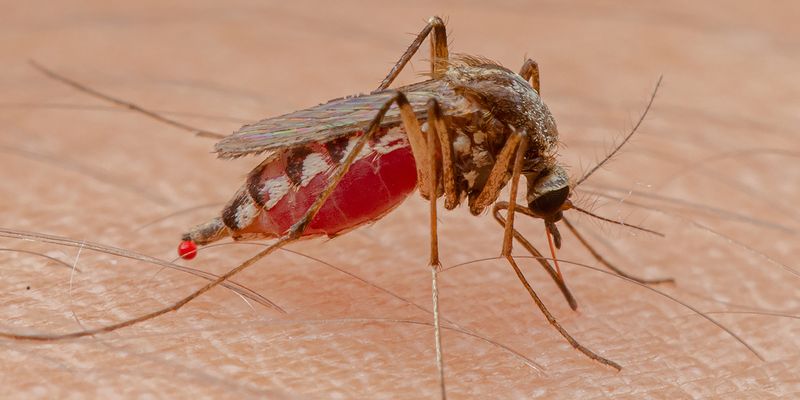News
Renewed task group targets further advances for biodiversity data linked to human diseases
Published 2/9/2023
Final report from first term outlines improvements in discovery, access and use of data on wild hosts, vectors, and reservoirs of human diseases

The GBIF Science Committee has renewed an expert task group charged with helping the network improve the discovery, access and use of biodiversity data linked to human diseases.
While the mandate for the task group on mobilization and use of biodiversity data for research and policy on human diseases has gained greater importance in light of the zoonotic origins of the COVID-19 pandemic, it originates in the growing number of peer-reviewed research uses of GBIF-mediated data related to human health.
In November 2022, the final chair of the first task group, Paloma Shimabukuro, submitted a report on the group's achievements that outlined significant progress toward a set of six objectives. Along with refining messages to support data mobilization campaigns and promoting the use and curation of GBIF-mediated data, task group members offered expert recommendations to clarify how and where more and better data might improve research related to zoonotic and vector-borne disease in humans.
The group's most visible achievement to date centres on the mobilization of more than 500,000 new vector occurrences published within a special series of "Data Release" data papers in the journal GigaByte. Such was its success that the GBIF Secretariat and The Special Programme for Research and Training in Tropical Diseases, World Health Organization (TDR) promptly supported a second call for vector-related data papers.
"The first phase of this task group provided practical guidance for enhancing the completeness, relevance and fitness-for-use of data on wild biodiversity shared through the GBIF network that's connected to human diseases," said Quentin Groom, researcher at Meise Botanic Garden and chair of the renewed group. "We're pleased that the Science Committee recognizes the value of this work and is encouraging us to build on it further."
One key source of opportunities for the GBIF network to engage in disease-related fields comes from the growing "One Health" movement, an integrative approach that recognizes the intimate connections between the health and well-being of humans, animals and ecosystems. While other infrastructures will continue to provide access to epidemiological and veterinary data connected with human diseases, GBIF aims to support One Health communities by ensuring the availability of global-scale data on wild species linked to human disease risks and public health threats.
"The fundamental links between humans, animals and ecosystems in our day-to-day lives makes wider use of biodiversity evidence within the One Health approach absolutely critical," said Catherine Machalaba, principal scientist for health and policy at EcoHealth Alliance. "Data from the GBIF network helps researchers and practitioners better understand, monitor and take action to reduce disease risk while showing the practical utility of bringing the environment sector into multisectoral One Health collaborations."
Task group members
Past task group members
| Name | Organization | Country |
|---|---|---|
| Luna Kamau | Kenya Medical Research Institute | Kenya |
| Thomas Orrell | Smithsonian Institution, National Museum of Natural History | United States |
| Carlos Zambrana-Torrelio | then EcoHealth Alliance | now USAID | United States |